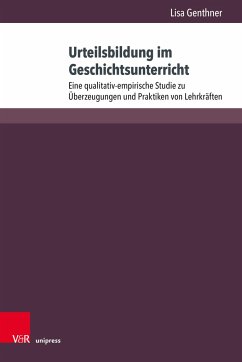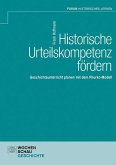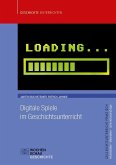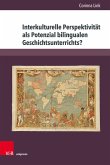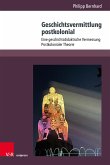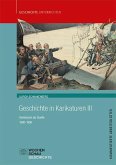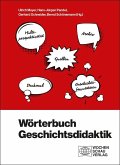In der Geschichtsdidaktik wird der Urteilsbildung eine große Bedeutung für das historische Denken zugeschrieben. Bisherige Befunde zeigen jedoch gerade für diesen so zentralen Bereich große Defizite bei Schüler_innen auf. Inwiefern diese lernen, eigenständig Sach- und Werturteile zu fällen, wird auch davon beeinflusst, wie Lehrkräfte die Förderung dieser fachspezifischen Kompetenz in ihrem Unterricht umsetzen. Lisa Genthner untersucht daher im Rahmen einer qualitativ-empirischen Studie, welche Überzeugungen und Praktiken zur Urteilsbildung bei Lehrer_innen vorzufinden sind. Wie wichtig ist ihnen, dass Schüler_innen im Geschichtsunterricht Urteile fällen? Was verstehen die Lehrkräfte selbst unter Sach- und Werturteil? Und wie realisieren sie Urteilsbildung in ihren Unterrichtsplanungen?
In history didactics judgment formation is of great importance for historical thinking. However, recent studies show major deficiencies in this important area among students. Their ability to make independent factual and value judgments is partly influenced by the way teachers promote these special competencies in their lessons. Therefore, Lisa Genthner uses a qualitative-empirical survey to analyse which mind-sets and practices for judgment formation can be found among teachers. How do they value the importance of judgment formation of their students in history lessons? What do these teachers understand by factual and value judgments? And how do they implement judgment formation in their lesson planning?
In history didactics judgment formation is of great importance for historical thinking. However, recent studies show major deficiencies in this important area among students. Their ability to make independent factual and value judgments is partly influenced by the way teachers promote these special competencies in their lessons. Therefore, Lisa Genthner uses a qualitative-empirical survey to analyse which mind-sets and practices for judgment formation can be found among teachers. How do they value the importance of judgment formation of their students in history lessons? What do these teachers understand by factual and value judgments? And how do they implement judgment formation in their lesson planning?

